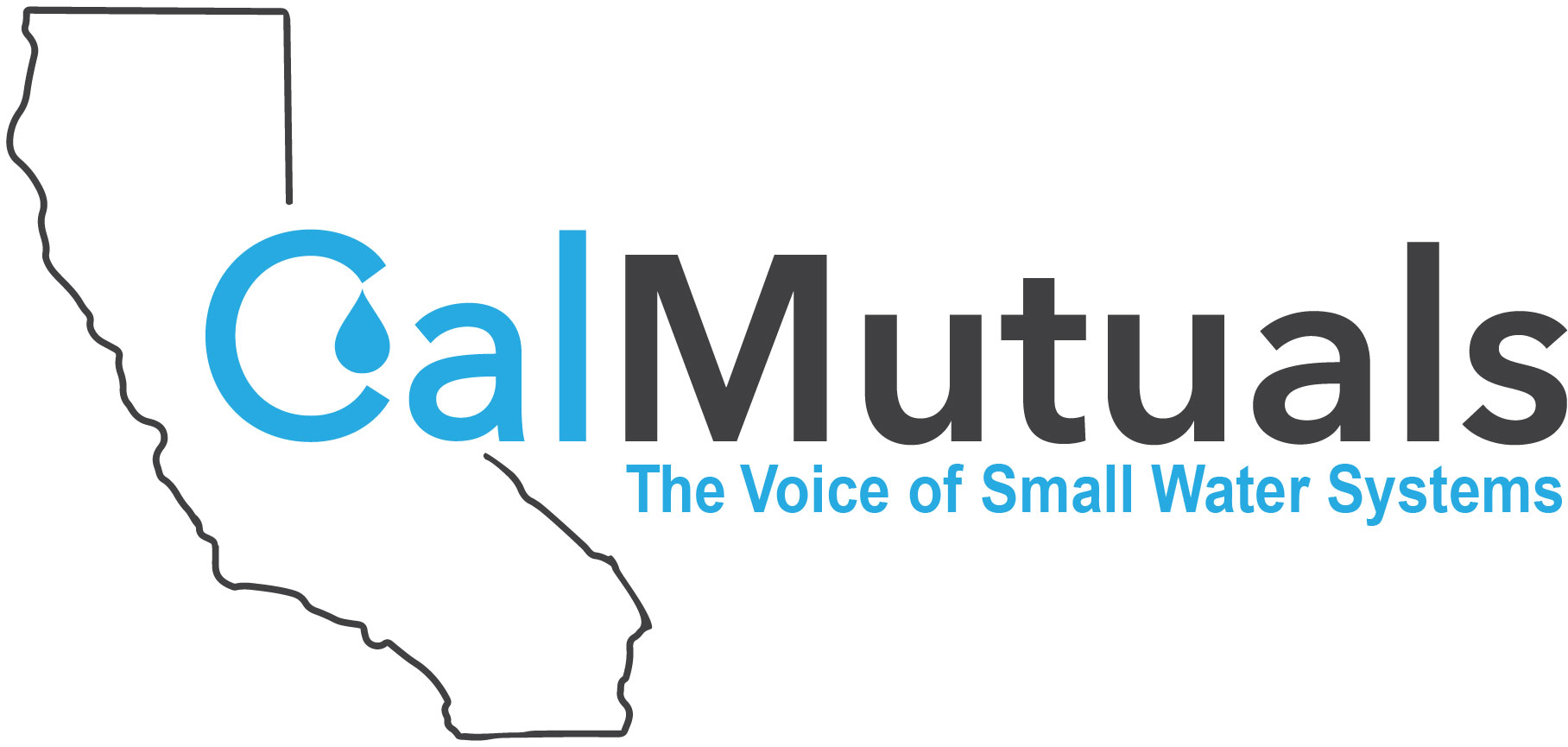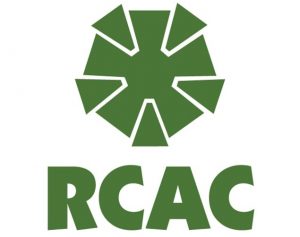Webinar | Navigating Public Meetings Virtually Part 1
Webinar OnlyDue to COVID-19 there are several potential changes to the public meeting process to keep in mind. This course will focus on three critical aspects to consider as you organize your own virtual public meetings. We will discuss how virtual board meetings can include elements of web meetings with collaboration and discussion and how to use webcasts and webinars to present information to the attendees and promote interaction between the attendees and members of the board. Learn the pros and cons of common online platforms, and the do’s and don’ts when conducting virtual meetings. Participants will learn: Open meeting laws to consider when planning your next virtual board meeting. The difference between webinars, web meetings, and web trainings How to differentiate between common online platforms and choose one that best suits your needs Resources to implement best practices for public participation in virtual board meetings The recommended audience includes managers, operators, board members and secretary to the board.

